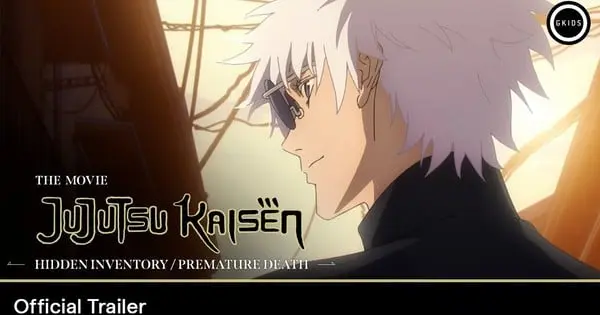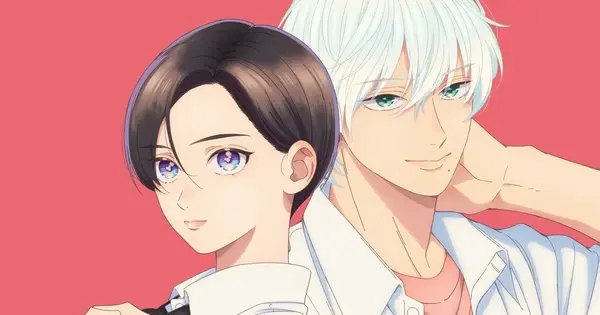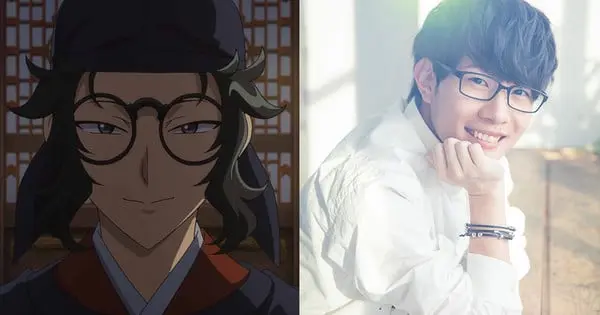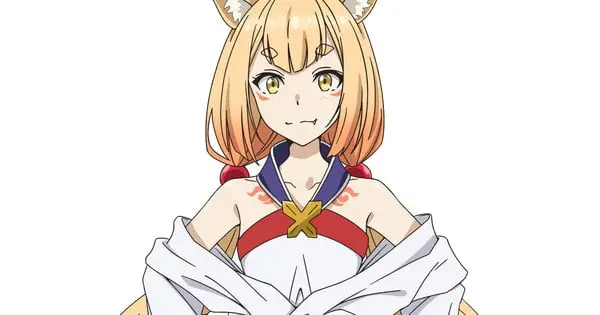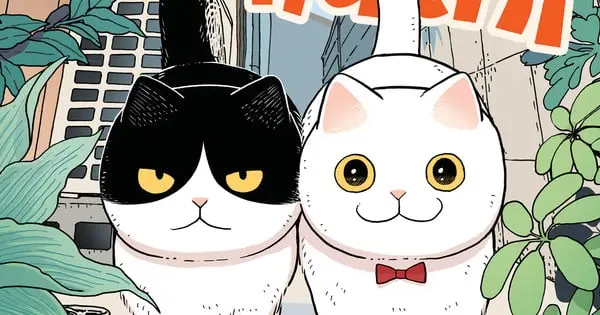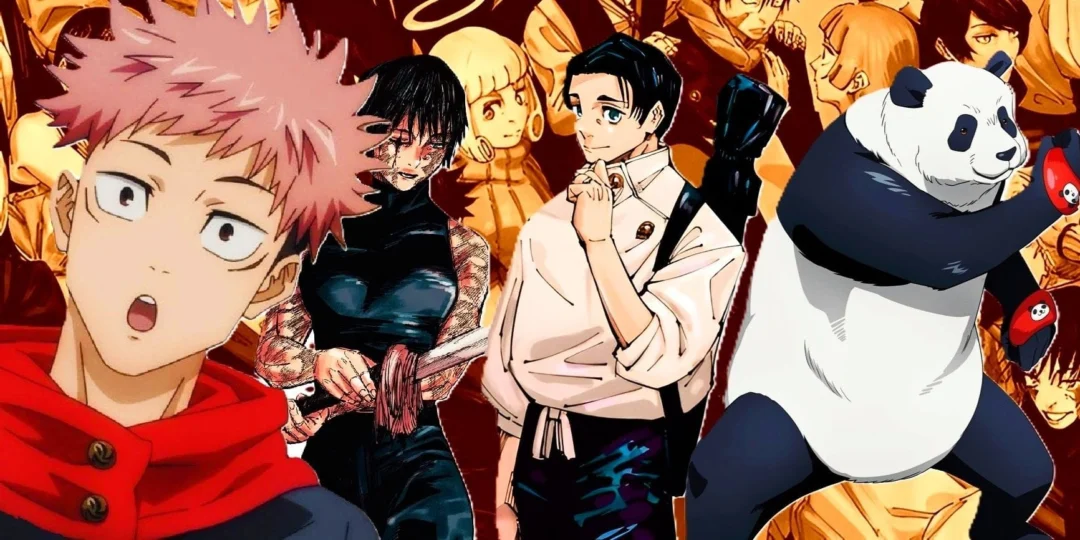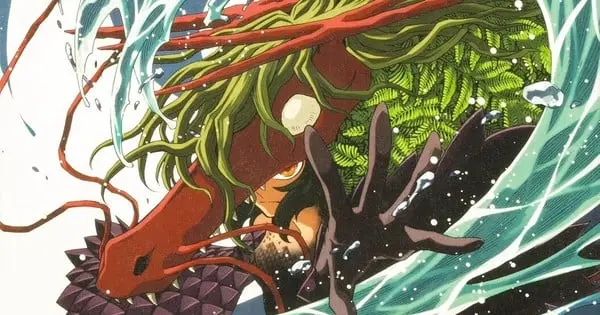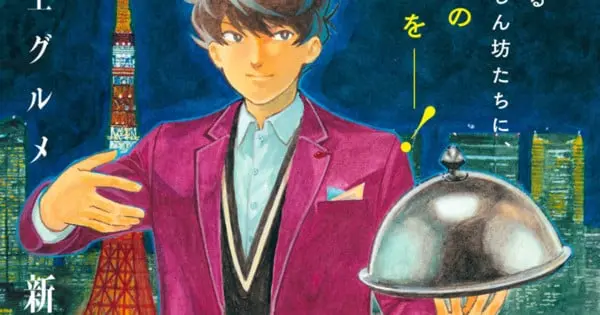The popular manga series, Jujutsu Kaisen, has concluded its six-year run, and the ending has left many fans both satisfied and contemplative. While the final arc was filled with intense battles and emotional moments, it’s the epilogue that has truly sparked discussion, revealing a masterful misdirection by creator Gege Akutami. The final chapter, #271, which was released on September 29, 2024, initially appeared to be a straightforward conclusion, but a closer look reveals a more complex and nuanced message.
The Seemingly Simple Ending
At first glance, the ending of Jujutsu Kaisen seems to tie up loose ends in a relatively conventional manner. The primary antagonist, Ryomen Sukuna, is defeated, although not without significant losses. The story then shifts to a more peaceful tone, with the surviving characters returning to Jujutsu High to recover. We see the main trio, Yuji Itadori, Megumi Fushiguro, and Nobara Kugisaki, reflecting on their experiences. They even receive letters from their late mentor, Satoru Gojo, adding a layer of emotional closure.
The final pages of the manga show Sukuna’s finger, which was a crucial cursed object throughout the series, now residing in a shrine. This imagery creates a sense of completion and a return to the beginning of the story. However, this seemingly simple ending is where Akutami‘s misdirection comes into play. The placement of the finger is not a sign that the cycle will repeat, but that peace has been achieved as the finger no longer houses Sukuna’s soul and it acts as a deterrent for other low-level curses.
The Subtle Subversion
What makes the ending of Jujutsu Kaisen so effective is its subversion of expectations. Throughout the series, the narrative emphasized the importance of power and the endless cycle of curses. However, the epilogue shifts the focus to the aftermath of conflict and the potential for change.
One of the major surprises comes in the form of Sukuna’s final moments. In a kind of afterlife, he has a conversation with Mahito, where he admits that he could have taken a different path. Sukuna, who was once defined by his thirst for power and destruction, expresses a desire to change if he were ever reincarnated. This unexpected admission reveals the humanity within the King of Curses, further complicating the narrative.
Furthermore, the epilogue presents a more reflective and introspective tone. The characters discuss whether they could have done anything differently, acknowledging the complexities of their choices. This highlights the theme that the story is not just about winning battles, but also about personal growth and understanding.
The Deeper Meaning
The placement of Sukuna’s finger in the shrine is a powerful symbol. It signifies not just the end of a conflict, but also the hope for a future free from the curse’s influence. The fact that this object, once a source of malevolence, is now a talisman for protection suggests a fundamental shift in the world of Jujutsu.
The ending also carries on the dream of Satoru Gojo, who sought to eradicate the old, flawed jujutsu system. With the higher-ups now dead, Yuji and his friends have the opportunity to create a kinder system for sorcerers, allowing for a brighter future. The final chapter underscores the idea that the battle isn’t just about defeating curses, but about building a better society.
Even the character of Panda, who was left seemingly abandoned, might have a deeper meaning behind his fate. While many have interpreted this as a sad ending, it might be a testament to his creator’s, Yaga’s, loyalty, with the secret of creating cursed corpses being taken to his grave, as no one else knows it, even 62 years later.
Fan Reaction and Speculation
The ending of Jujutsu Kaisen has sparked a variety of reactions among fans. Some have praised its subtle subversion of expectations and thoughtful approach to character development. Others have expressed disappointment that the ending wasn’t more action-packed or didn’t provide definitive conclusions for all characters.
One major point of contention was the death of Gojo Satoru, which was deemed unexpected and underwhelming. However, it is this very shock that proves that Jujutsu Kaisen is a masterpiece, highlighting that no one is safe from death, and that the narrative does not bend to typical tropes. This creative decision served to show that the series does not rely on the common shonen trope of the strongest character always winning.
There has also been speculation about a potential sequel or spin-off, especially given the symbolic final image. While the creators have not confirmed such projects, the ending is ambiguous enough to leave room for future exploration of the Jujutsu Kaisen universe.
The Lasting Impact
Jujutsu Kaisen has become a cultural phenomenon over the past six years. The manga and anime have captivated audiences with its unique blend of action, horror, and dark humor. The series’ pacing is breakneck, but it still manages to deliver profound messages about human nature, society, and the importance of hope, despite the tragedies faced by the characters.
The story has also delved into complex themes, highlighting human flaws that foster the creation of curses, making it a surprisingly insightful introspection on how society operates. Furthermore, it stands out from other manga, subverting expectations and challenging genre tropes.
A Thoughtful Conclusion
In conclusion, the ending of Jujutsu Kaisen is a testament to the storytelling prowess of Gege Akutami. What appears to be a simple, straightforward conclusion is actually a carefully constructed misdirection that prompts reflection on the deeper themes of the series. The epilogue emphasizes the importance of change, personal growth, and the hope for a better future. It is a fitting end to a series that has consistently challenged expectations and left a lasting impact on its fans. The placement of Sukuna’s finger in the shrine is a sign that the cycle has broken and peace has been achieved, with the former cursed object now acting as a talisman.
While fans may have differing opinions on the final chapter, there is no denying that it is a masterful and thought-provoking end to an iconic series. As the dust settles, the legacy of Jujutsu Kaisen will undoubtedly endure, continuing to spark discussion and inspire fans for years to come. It is a series that does not rely on the power of love to solve everything, showing the physical and mental downfall of those who work for a flawed organization, making it one of the best written shonen in recent times.

